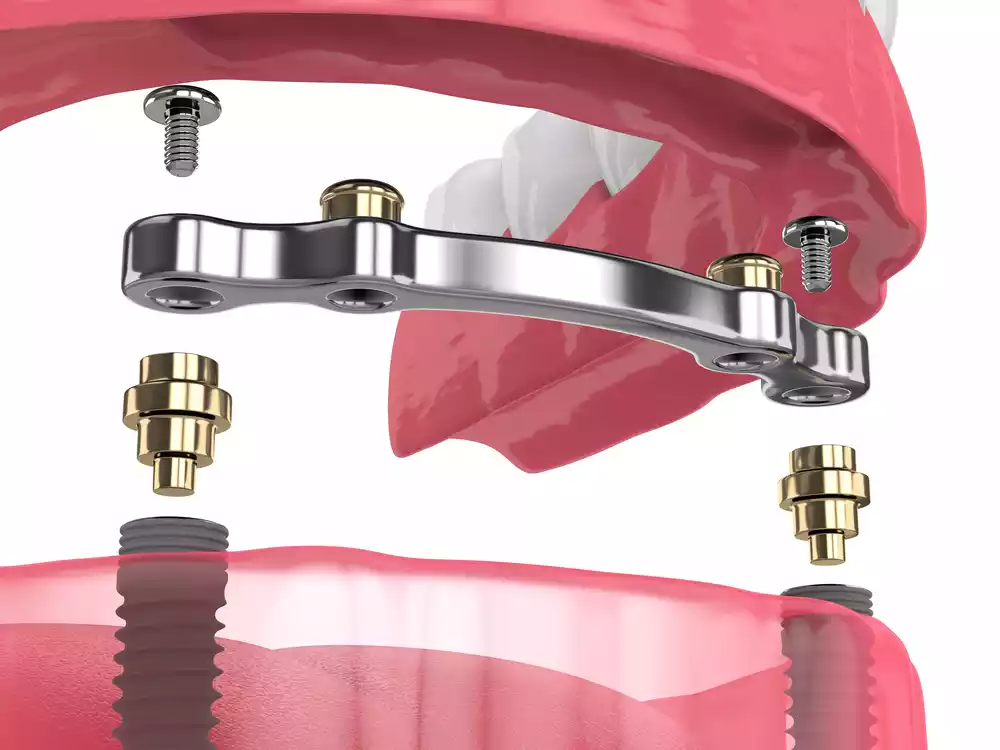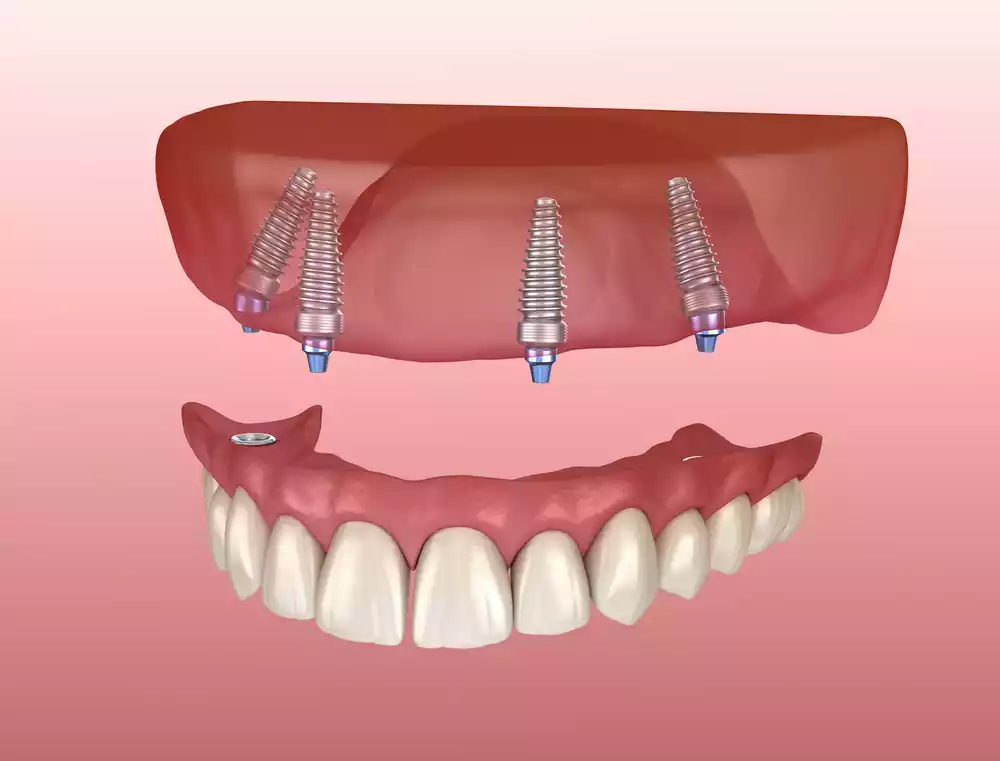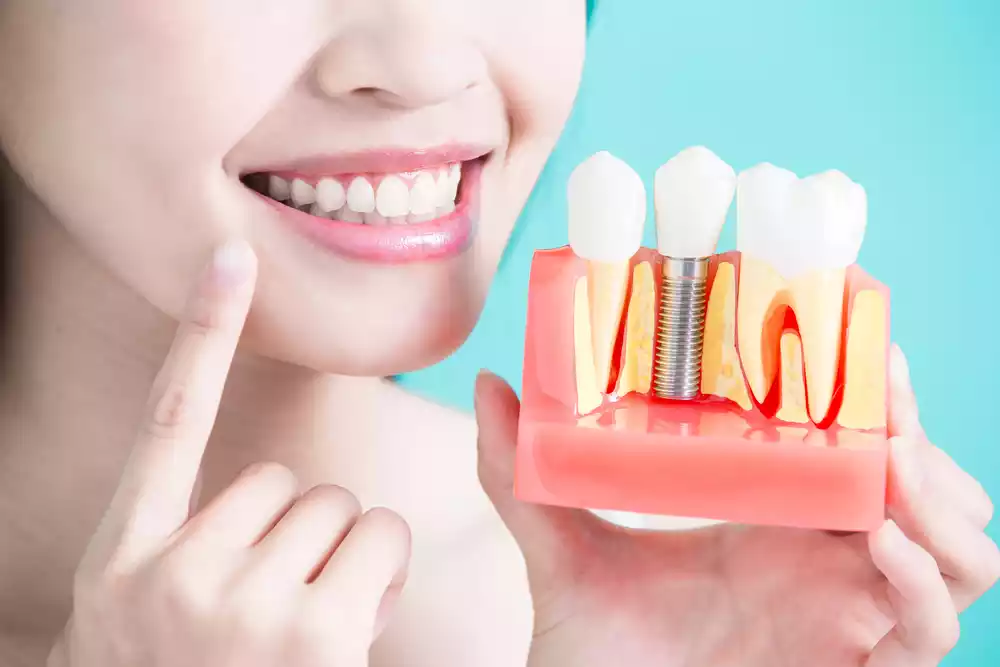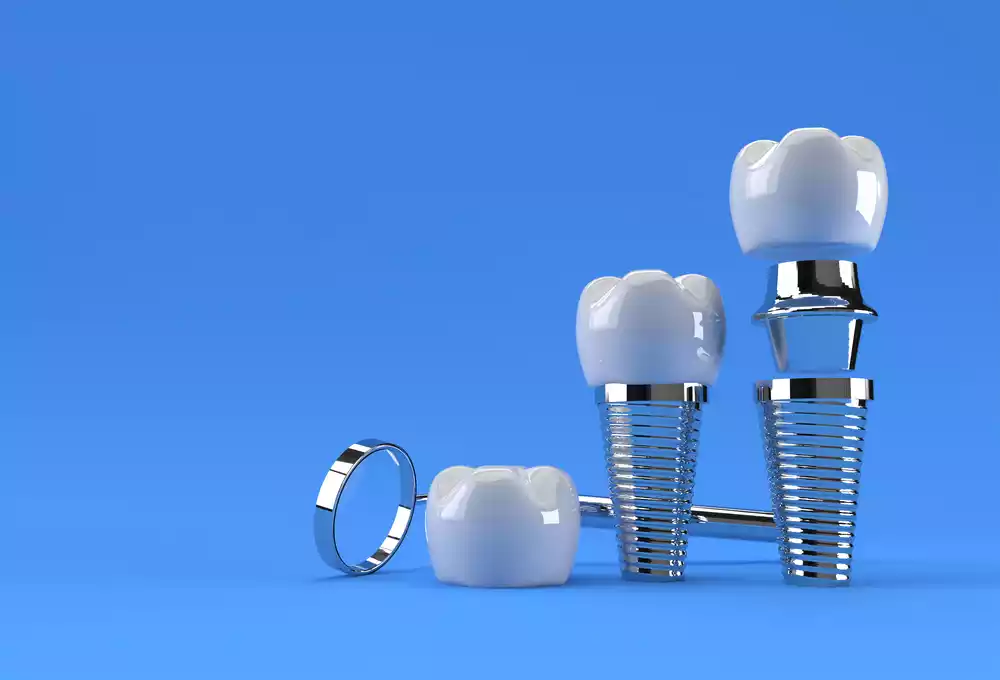Dive into the world of dental implants and discover a range of options designed to fit your specific needs. From the traditional endosteal implants to the modern subperiosteal solutions, each type offers its own benefits and things to consider. Exploring these options will help you make informed decisions about your dental health, working with your dentist to choose the best implant for restoring your smile and improving your overall well-being. Let’s explore together!
Endosteal Implants
Endosteal implants are commonly used in dental implant procedures. They are placed directly into the jawbone to provide a stable foundation for artificial teeth. This type of implant is ideal for patients with sufficient bone density and volume in the jaw.
Procedure
Endosteal implants are surgically inserted into the jawbone, where they fuse with the natural bone over time. This fusion process, known as osseointegration, ensures the stability and longevity of the implant.
Materials
Endosteal implants are typically made of titanium, a biocompatible material that is well-tolerated by the body. Titanium implants are known for their durability and ability to integrate seamlessly with the surrounding bone tissue.
Suitability
Patients considering endosteal implants should have healthy gums and adequate bone structure to support the implant. A thorough evaluation by a dental professional is necessary to determine if this type of implant is the best option for the individual’s oral health needs.
Benefits
Endosteal implants offer several advantages, including strength, stability, and the ability to support various dental prostheses such as crowns, bridges, or dentures. They provide a reliable solution for restoring missing teeth and enhancing the smile.
Cost
The cost of endosteal implants may vary depending on individual factors such as the complexity of the procedure and materials used. It’s important to discuss the financial aspects with the dental provider.
By understanding the key characteristics and benefits of endosteal implants, individuals can make informed decisions about their dental restoration options. Working closely with a qualified dentist will ensure that the most suitable of all the different types of dental implants are selected based on the patient’s unique oral health requirements.

Subperiosteal Implants
Subperiosteal Implants are a type of dental implant that are placed under the gum, but above the jawbone. They are custom-made to fit the specific contours of the patient’s jawbone. Here are some key points to consider:
Procedure
The placement of subperiosteal implants typically involves fitting a metal frame onto the jawbone below the gum tissue. This frame has posts attached to it, which protrude through the gums for the attachment of artificial teeth.
Candidates
Subperiosteal implants are often recommended for patients who have minimal bone height in their jaws and are unable to undergo procedures to restore bone mass.
Benefits
They offer a solution for individuals who may not be suitable candidates for traditional implants due to insufficient bone structure. Subperiosteal implants can provide stability and support for dental prosthetics.
Maintenance
Proper oral hygiene and regular dental visits are essential to maintain the health and longevity of subperiosteal implants. Dentists may recommend specific care routines based on individual needs.
Durability
Subperiosteal implants are known for their durability and can last for many years with proper care. They are a viable option for enhancing dental aesthetics and function.
Consultation
Individuals considering subperiosteal implants should consult with a qualified dentist to determine if they are a suitable candidate for this type of dental implant.
Cost
The cost of subperiosteal implants may vary depending on individual factors such as the complexity of the procedure and materials used. It’s important to discuss the financial aspects with the dental provider.

All-on-4 Implants
All-on-4 Implants are one of the different types of dental implants. They provide a full set of new upper or lower teeth using only four implants. This innovative approach maximizes the use of available bone and avoids the need for bone grafting procedures in many cases.
- Efficiency: It offers a quicker and more cost-effective solution compared to traditional individual implants for replacing a full arch of teeth.
- Stability: The four implants are strategically placed, providing a sturdy foundation for the entire set of teeth.
- Improved Aesthetics: Patients can regain a natural-looking smile and restore their confidence with this comprehensive dental implant solution.
- Functionality: All-on-4 implants allow for proper chewing function, speech, and overall mouth comfort.
Candidates for All-on-4 implants are typically individuals missing several teeth or with failing teeth due to decay, gum disease, or trauma. This treatment is particularly beneficial for those looking for a permanent and fixed alternative to removable dentures.
All-on-4 implants offer a reliable and efficient solution for restoring a full set of teeth with fewer implants, minimal recovery time, and optimal aesthetic results.

Benefits of Dental Implants
Every type of dental implant offers numerous benefits when used, providing a range of advantages for individuals seeking tooth replacement solutions. Here are some key benefits that dental implants bring to enhance oral health and overall well-being.
- Natural Appearance: Dental implants are designed to look and feel like natural teeth, providing a seamless and aesthetically pleasing smile.
- Durability: Unlike traditional dentures or bridges, dental implants are durable and long-lasting, offering a reliable solution for tooth replacement.
- Improved Functionality: With dental implants, you can enjoy improved chewing and speaking abilities, restoring your confidence in daily activities.
- Preservation of Jawbone: Implants help preserve the jawbone structure by stimulating bone growth, preventing bone loss commonly associated with missing teeth.
- Enhanced Oral Health: Dental implants don’t require alteration of adjacent teeth, promoting better oral hygiene and reducing the risk of dental issues in the future.
- Long-Term Solution: With proper care and maintenance, dental implants can last a lifetime, making them a cost-effective and sustainable choice for tooth replacement.
- Boosted Self-Confidence: By restoring your smile and oral function, dental implants can boost self-esteem and enhance overall quality of life.
Understanding these benefits can help you make an informed decision about pursuing dental implants as a solution for tooth loss.

Ready to Restore Your Smile?
Now that you’re familiar with the most common types of dental implants and their benefits, you’re ready to take the next step towards reclaiming your smile. At Molar House, we specialize in dental implants in Tijuana and are here to provide you with expert care and personalized solutions tailored to your needs. Don’t wait any longer to achieve the confident smile you deserve—schedule a consultation with us today!






